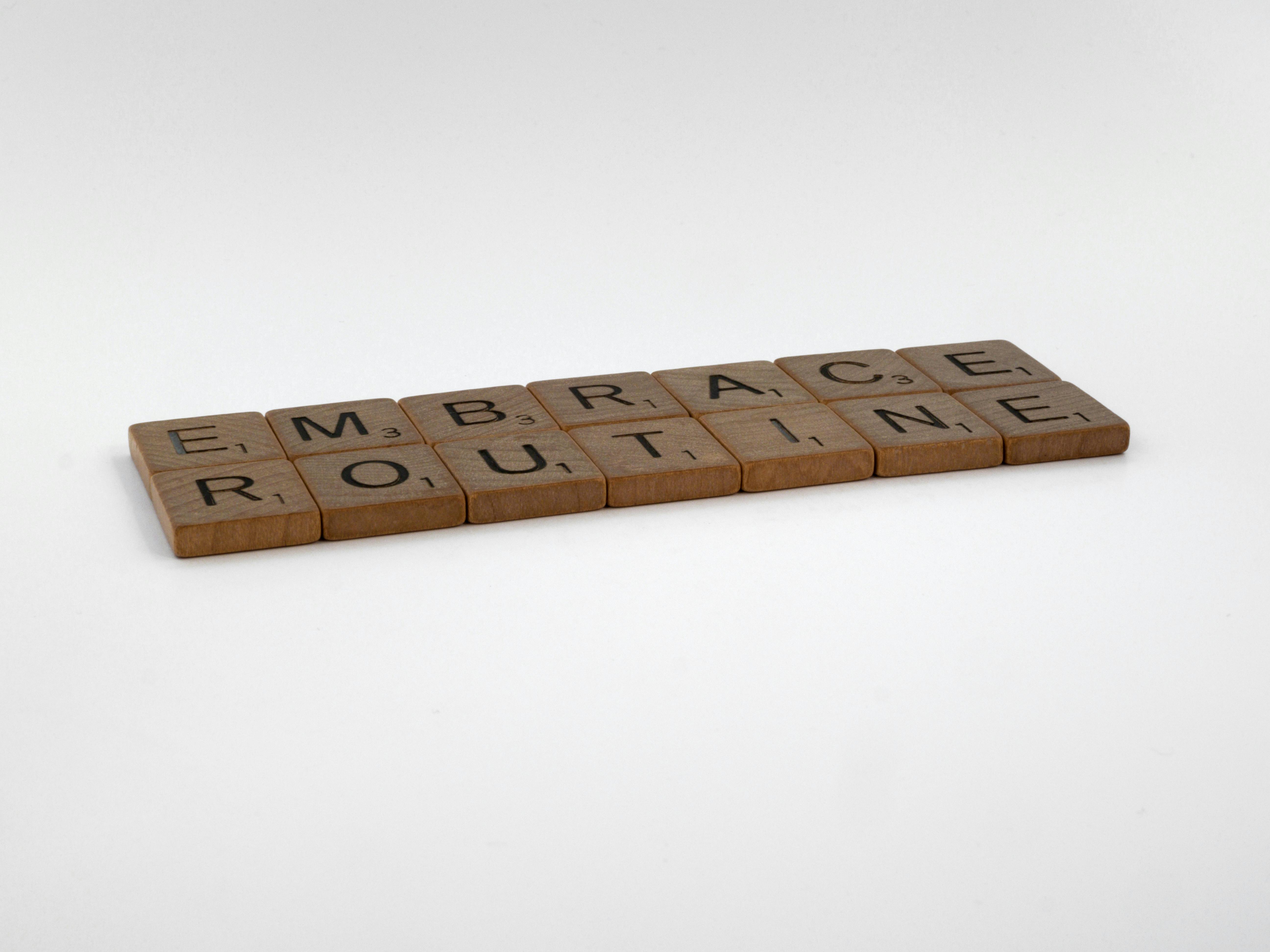Emergency Summit in Doha as Qatar Strike Escalation Marks New Gulf Rift
Sunday, Sept. 14, 2025 (13:00 Riyadh) — A rapid diplomatic earthquake is reshaping Gulf politics after Israel’s recent strike targeting Hamas' leadership in Doha. The attack has prompted an emergency Arab-Islamic summit in Qatar and widespread condemnation from key regional actors, while diplomatic ties between Israel and several Gulf states fray under mounting pressure.
Background
On September 9, 2025, Israel launched an airstrike in Doha aimed at Hamas officials meeting in the Qatari capital. Lower-ranking operatives were killed, including a Qatari security officer, though major negotiators reportedly survived.
Qatar has long served as mediator in Gaza ceasefire and hostage negotiations. The attack exposed tension over how far Israel will go in targeting what it views as Hamas leadership abroad — even within US-allied territory.
What Happened Today
An emergency Arab-Islamic summit opened in Doha to coordinate a response to the strike, discuss the implications for regional security, and reaffirm diplomatic norms.
The United States, represented by Secretary of State Marco Rubio, is engaged in high-level talks to manage the fallout. Rubio visited Israel amid concerns the attack derailed ceasefire efforts and threatened mediation channels.
The UAE summoned Israel’s deputy ambassador, denouncing Netanyahu’s rhetoric and warning about repeated provocations. Regional voices are expressing frustration over perceived breaches of sovereignty.
Meanwhile in Gaza, Israeli strikes continue, causing further displacement and worsening humanitarian conditions, with southern hospitals overwhelmed and shortages of fuel and supplies intensifying.
Why It Matters
The Doha strike challenges established security guarantees in the Gulf, including perceived protection stemming from alliances with the US. If Qatar, once a mediation hub, is subject to such action, other states may revisit their defensive postures and relationships.
The crisis threatens the ceasefire being negotiated, especially the hostage release process. Disruption of trust undermines diplomacy and could prolong conflict.
Israel’s justification centers on neutralizing alleged Hamas figures in Qatar. But the cost may include strained relations with countries that normalized ties under accords like Abraham. UAE’s reaction is particularly telling: diplomatic protest rather than silence.
Key Stats & Timeline
- Sept. 9, 2025: Israel strikes Hamas meeting in Doha; at least five lower-ranking Hamas members and one Qatari security officer killed.
- Sept. 11: Funeral rites held in Doha; regional condemnation increases.
- Sept. 12: UAE summons Israel deputy ambassador; Trump hosts Qatar PM; US expresses concern.
- Sept. 13-14: Arab-Islamic summit begins in Doha; continued Israeli offensive in Gaza, major displacement reported.
Outlook
Gulf states may coordinate stronger diplomatic or economic responses to uphold sovereignty norms. Qatar may seek guarantees for its role as a mediator and safeguards against future cross-border strikes.
Pressure on the US to clarify its stance will increase. How Washington balances its alliance with Israel against its Gulf partnerships could reshape the region’s strategic alignment.
On the Israel-Hamas front, without rebuilt trust, ceasefire terms may stall. Hamas remains firm in its demands; Israel in its security logic.
Humanitarian crisis risks worsening: displacement, hospital breakdowns, supply shortages. International organizations may amplify calls for protected zones and urgent aid interventions.
Sources
Reuters; AP News; AP News[/]Turkey; The Guardian; Reuters; Sky News










